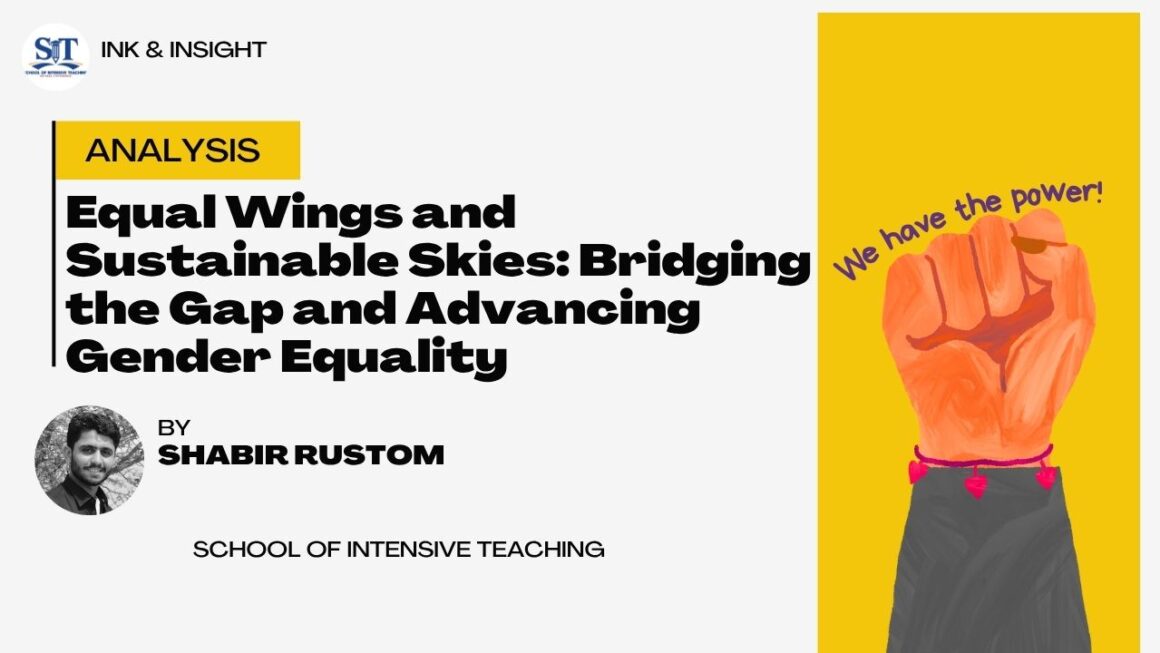“One of the penalties for refusing to participate in politics is that you end up being governed by your inferiors.” Plato
In this book, historical lessons are used as guidance to identify the offensive threats that today’s democracies confront from autocrats. The writers explicitly show sheer actions, processes, and warning signs that political outsiders or populist leaders use to subvert the democratic institutions or political insiders use to preserve democracy, respectively, because they argue that democracies still die not due to military coups but due to elected leaders.
Furthermore, “How Democracies Die” is authored by Steven Levisky and Daniel Ziblatt, professors of government at Harvard University. However, Levisky is the writer of the book “Competitive Authoritarianism,” and Daniel Ziblatt is the author of the book “Conservative Parties and the Birth of Democracy.”
For a democracy to revive, pull through, and function, mutual tolerance and forbearance are acutely mandatory.
The book begins with an introduction to the democratic breakdown and the significance of the norms of democracy. For a democracy to revive, pull through, and function, mutual tolerance and forbearance are acutely mandatory. The authors give examples of historical democracies in how disregarding democratic norms ultimately leads to the collapse of the government and the erosion of democracy. In most instances, Venezuela, Turkey, Germany, Italy, and Chile. When politicians treat their rivalries as enemies rather than political opponents, the decay of democracy becomes inevitable.
Also, they develop several behavioral warning signs from Juan Linz’s work to identify an authoritarian, which include: 1) Denial of the legitimacy of political rivalries, 2) Rejection of (or weak commitment to) democratic rules of the game 3) Tolerates or condones unlawful practices like violence and indicates a willingness to curtail the civil liberties of rivalries, including media.
Politicians rarely reveal or even expose their full scale of autocracy if they reach power or have a place in the sun.
Although politicians rarely reveal or even expose their full scale of autocracy if they reach power or have a place in the sun. Thus, the aforementioned behavioral cues help the parties identify autocrats without a detailed anti-democratic record. It also helps the gatekeepers of democracy, the pro-democratic parties, in distancing from authoritarianism by expelling supporters of authoritarianism from parties.
In this book, they also state that democracy is preserved not by the public but by the establishment’s parties from anti-democratic actors.
Overall, this book is a concise and precious source for understanding the main political issues and erosion of democracies; and is recommended to everyone interested in politics or whoever perceives himself/herself as middle-of-the-roader because everyone needs to be conscious of current scenarios of democratic states and future risks, their democratic countries pose.
About the Author:

Rizwan Rasheed
Contributor at SIT Ink & InsightRizwan Rasheed is an alumni of School of Intensive Teaching [SIT], Hub.













